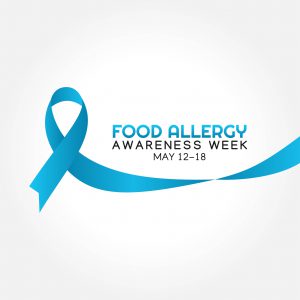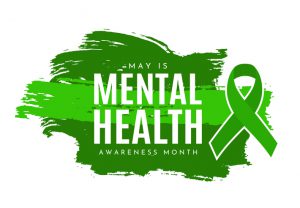 When you develop a fever, it’s usually in reaction to an illness. In most cases, a fever will eventually resolve on its own. However, certain signs may indicate that a fever is occurring due to a more severe underlying problem; in these cases, treatment is necessary. You can take some steps to assess and reduce your fever, but there are also things you should watch out for to ensure that you’re treating your fever appropriately.
When you develop a fever, it’s usually in reaction to an illness. In most cases, a fever will eventually resolve on its own. However, certain signs may indicate that a fever is occurring due to a more severe underlying problem; in these cases, treatment is necessary. You can take some steps to assess and reduce your fever, but there are also things you should watch out for to ensure that you’re treating your fever appropriately.
Do: take your temperature if you feel sick and are running warm; your fever may be worse than you realize. Fevers can typically be broken down into four levels of severity:
- If you have a low fever, your body temperature may range between 99.1°F to 100.4°F.
- A moderate fever ranges between 100.6°F and 102.2°F.
- A high fever typically ranges between 102.4°F and 105.8°F.
- Any temperature higher than 105.8°F is considered to be hyperthermia, which can be life-threatening.
Do: stay hydrated; you lose fluids more rapidly while experiencing a fever due to increased sweating and other factors, which can cause you to become dehydrated. Dehydration is dangerous on its own, but it can also increase your body temperature and worsen your fever. Drink plenty of water to maintain healthy fluid levels. Cold water can also help reduce your body temperature.
Do: see a doctor as soon as possible if your fever becomes worse or does not resolve after a few days. This is especially important and may mean seeking emergency medical care if you have developed hyperthermia.
Don’t: try to power through your symptoms and go to work or school despite having a fever. Your illness may be dangerous to not only you, but the people around you; it’s important to isolate yourself at home and rest if you have a fever.
Don’t: underdress or overdress for your fever. If you’re feeling overheated, it may be tempting to lower the temperature of your home, crank up the air conditioning, and shed blankets or layers of clothing. On the other hand, if you’re experiencing chills, you may want to bundle up much more than is necessary or beneficial. Dress in light, breathable clothing, keep the temperature in your home at a comfortable level, and try to avoid extra layers of blankets or clothing.
Don’t: ignore your fever or pass it off as a non-issue if it’s not going away or is getting worse. In this situation, it’s important to see a doctor as soon as possible for diagnosis and treatment.
You can schedule an appointment with a doctor at Jamaica Hospital Medical Center’s Ambulatory Care Center by calling (718) 206-7001.
All content of this newsletter is intended for general information purposes only and is not intended or implied to be a substitute for professional medical advice, diagnosis or treatment. Please consult a medical professional before adopting any of the suggestions on this page. You must never disregard professional medical advice or delay seeking medical treatment based upon any content of this newsletter. PROMPTLY CONSULT YOUR PHYSICIAN OR CALL 911 IF YOU BELIEVE YOU HAVE A MEDICAL EMERGENCY.







 On Monday, April 8th, The MediSys Health Network held a very special ribbon-cutting ceremony to commemorate the opening of the network’s cancer center, located on the concourse level of Jamaica Hospital Medical Center’s C building.
On Monday, April 8th, The MediSys Health Network held a very special ribbon-cutting ceremony to commemorate the opening of the network’s cancer center, located on the concourse level of Jamaica Hospital Medical Center’s C building.
